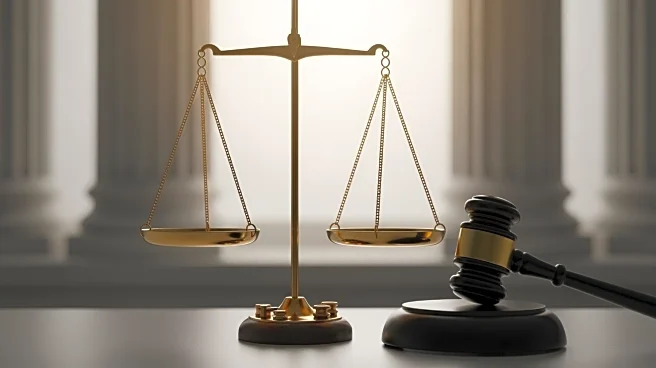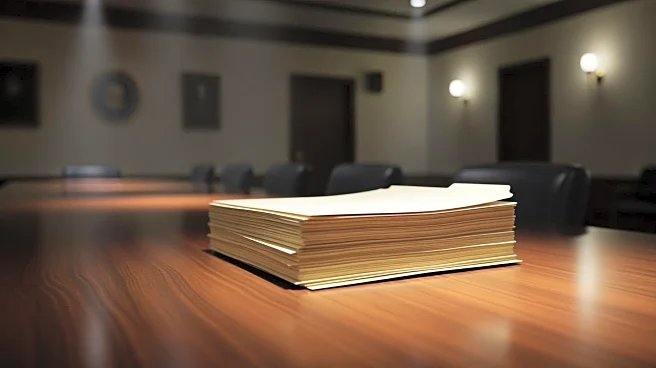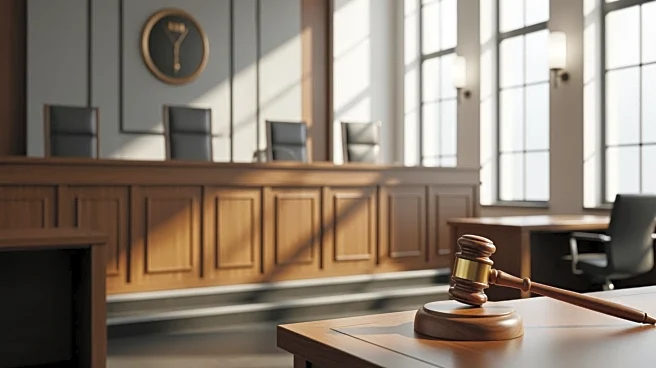What's Happening?
The Supreme Court of the United States serves as the highest court in the nation, with the authority to interpret the Constitution and review the constitutionality of legislative and executive actions.
Established by Article III of the Constitution, the Court has both original and appellate jurisdiction, allowing it to hear cases involving constitutional and federal law. The Court's power of judicial review, established in Marbury v. Madison (1803), enables it to strike down laws that violate the Constitution. The Court's decisions have a significant impact on American society, influencing civil rights, liberties, and the balance of power between government branches.
Why It's Important?
The Supreme Court's decisions shape the legal landscape of the United States, affecting the rights and freedoms of individuals and the functioning of government. Its role in interpreting the Constitution ensures that laws align with fundamental principles, protecting civil liberties and maintaining the balance of power. The Court's ability to review and potentially overturn laws underscores its influence in shaping public policy and societal norms. Its decisions can have lasting effects on various aspects of American life, from education to healthcare and beyond.








